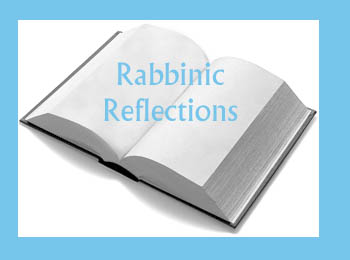I recently went to the doctor because of a nagging shoulder injury. When I got to his office, he came in and, as usual, asked me what was wrong. As he touched the joint and we talked about it, it suddenly felt better.
I’m sure everyone is familiar with this. But can doctors heal simply by seeing you, touching you and talking to you? Perhaps they can, because doctors are among the few people nowadays who have time for you. Maybe when you finally stop and tell someone the story of what ails you, it feels better.
There’s much research to confirm this. Healing may indeed be facilitated by doctors who want to help, nurses who tend to your daily needs, clergy who come to your bedside to comfort your troubled spirit, and friends who share your pain.
For most of human history, conventional wisdom taught that healing can happen through the goodness of healers and caregivers. Impressive advances in the 20th century initiated a new understanding of medicine that used sophisticated diagnostic tests, pharmaceutical magic bullets and advanced surgical techniques. Yet today we know that medicine doesn’t have all the answers, despite improved diagnosis, more specialists and a dazzling array of drugs.
We understand that our bodies are complex and mysterious. That’s why our tradition offers the Asher Yatzar prayer to thank God daily that all our pathways and openings work correctly. Medical schools now teach clinicians to connect to patients as people, not just to their condition. We know now that the quality of doctor-patient relationships can affect medical outcomes. This effect has the power to extend to all of us, including those who might not be doctors but who may be great listeners.
In this week’s parshah, Lech Lecha, Abraham calls out to God in pain, “O God what will you give me if I remain childless… You have given me no children”. (Bereshit 15:2-3). In the next parshah, Vayera, Sarah speaks to Abraham with a heavy heart about her infertility. Once they share their struggles aloud, God hears their prayers and grants them a son.
My wife Cheryl and I also know this pain. We shared the frustration of infertility early in our marriage. We kept our hardship to ourselves, watching our friends and siblings conceive easily while we couldn’t. We were happy for others, but secretly worried we would never share in the joy and miracle of children.
We eventually received fertility treatments and now have three wonderful children. We’re keenly aware that so many have similar struggles these days. The difference is that people are more open to talking about it. When they do, Cheryl and I can share what we went through and offer advice and support.
We can’t cure infertility, but by talking about it, we can reduce stress and allow room for the healing of body and spirit. I believe that’s the secret to the healing touch of doctors – the relationship between two humans opens the door to healing. It’s what Abraham and Sarah found when they opened up about their condition and God heard and answered their prayer.
It gives the sense of love and meaning to life when two people see in each other the image of God. And that’s where true healing begins.
Rabbi Wise is spiritual leader of Shaarei-Beth El Congregation in Oakville, Ont.
